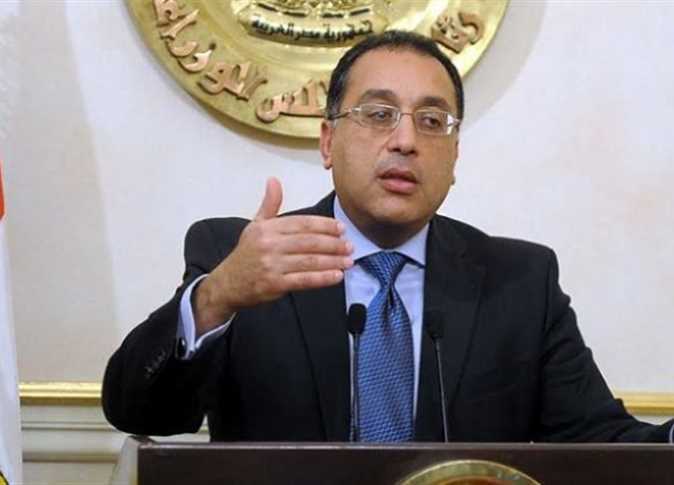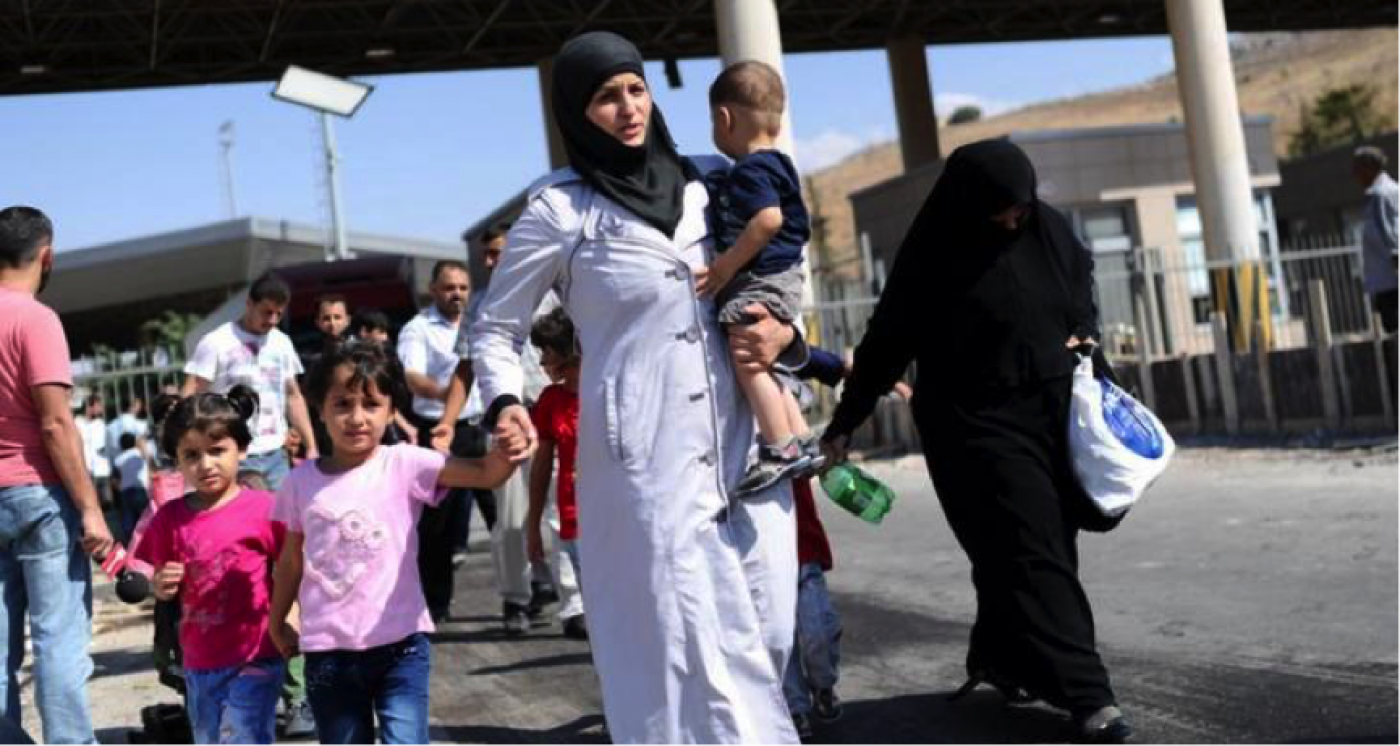August 7, 2019
On Monday Egypt received $2 billion, the last tranche of a $12 billion IMF loan under an agreement signed by the Egyptian government in August 2016.
In a statement issued on Monday Egyptian Finance Minister Mohamed Mait said that technical cooperation with the IMF will continue in the coming period and focus on structural reform of the economic sectors supporting local industry.
Under the agreement with the IMF Egypt has implemented several austerity measures, including cuts in subsidies for fuel, electricity and other services.
On November 3 2016 Egypt liberalised the currency exchange rate to raise the price of the dollar to about EGP 16.53 from EGP 8.88. As a result of these measures, inflation in Egypt rose to record levels unprecedented in decades, eroding the real income of citizens before declining to below 10 per cent.
On May 22 2019, the Central Bank of Egypt (CBE) announced the rise of the country’s total domestic debt by 20.25 per cent year-on-year to EGP 4.108 trillion ($241.9 billion) at the end of December. The country’s external debt grew 16.6 per cent year-on-year to about $96.6 billion.
The World Bank confirmed in early May that around 60 per cent of Egypt’s population was either poor or vulnerable, noting that economic reforms affected the middle class, which was facing the rising cost of living as a result.



Recent Comments